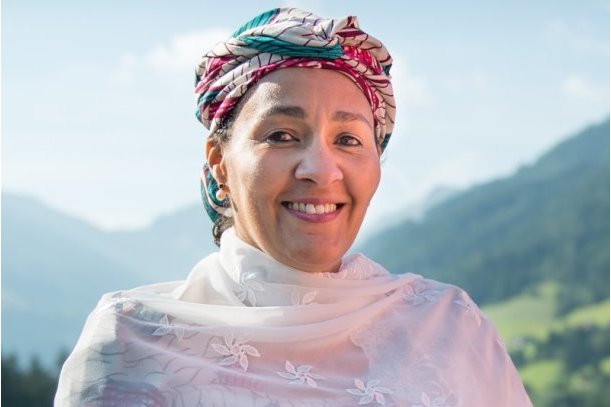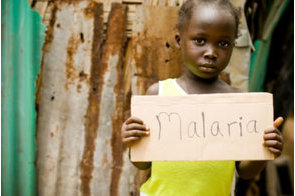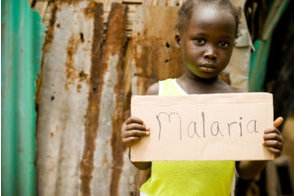Amina Mohammed appointed as Chair of UN body on sanitation and hygiene

Summary
Ms. Mohammed’s role would be to raise awareness about practical solutions to improving sanitation and hygiene.
Nigeria’s Minister of Environment, Amina Mohammed, has been appointed as the new Chair of the Water Supply and Sanitation Collaborative Council (WSSCC), a United Nations body devoted to the sanitation and hygiene of people in vulnerable communities. Her appointment is with effect from April 5, 2016.
Amina Mohammed, currently serving in the administration of Nigerian President Muhammadu Buhari, is a renowned sustainable development expert. She previously served as Assistant-Secretary General and Special Advisor to the UN Secretary General on Post-2015 Development Planning.
According to a statement on Tuesday by the Geneva-based WSSCC, Mohammed will chair the Steering Committee and guide the work of WSSCC, which operates in 20 countries in Africa and Asia and has 5,000 members in 150 countries. The Council promotes the Water, Sanitation and Hygiene (WASH) agenda under the Sustainable Development Goals.
Christopher W. Williams, Executive Director of WSSCC, has welcomed the appointment of Ms. Mohammed. He said, “The issues of sanitation and hygiene are crucial to improving health and development. In the post-2015 era, we need strong global leadership to deepen our efforts, and bold ambition to advance a transformative agenda. I am confident that Ms. Mohammed will be instrumental in helping WSSCC translate global goals into local action, ensuring governments enable communities and that organizations bring about meaningful change at scale.”
According to WSSCC, Ms. Mohammed’s role would be to raise awareness about practical solutions to improving sanitation and hygiene. She will draw on her experience and network of contacts in politics, business, academia, and demonstrated knowledge of the United Nations to strengthen the institution and continue the growth the Global Sanitation Fund, operated by WSSCC. The GSF funds and supports community-led sanitation programmes for the most vulnerable people. It is the world’s only fund that is solely dedicated to improving sanitation and hygiene. The fund has enabled 8.21 million people to have improved toilets and 13.46 million people to have access to hand-washing facilities in developing countries.
Amina Mohammed said, “By improving sanitation and hygiene at scale in sub-Saharan Africa, South and Southeast Asia, in particular, the Council is playing an important role in improving education and health, and in empowering women. I am proud to Chair an organization that understands that equality and universality must go hand-in-hand towards achieving a sustainable development agenda.”
Ms. Mohammed will replace the interim-Chair, Andrew Cotton, Emeritus Director of the Water, Engineering and Development Centre (WEDC, Loughborough University), and previous Chair, Prof. Anna Tibaijuka, Member of Parliament, Tanzania, and former Under-Secretary General and Executive Director of UN-Habitat.
Related
-
Lancet report says malaria can be eradicated by 2050
According to 41 experts, malaria can be eradicated within a generation.
-
Defeating malaria requires new approaches
Although the global death toll caused by malaria fell by almost 40% between 2000 and 2015, there has been slow progress in ...
-
Nigeria launches plan for prevention and control of NCDs
According to the 2018 WHO country profile, NCDs accounted for an estimated 29 percent of all deaths in Nigeria with ...








